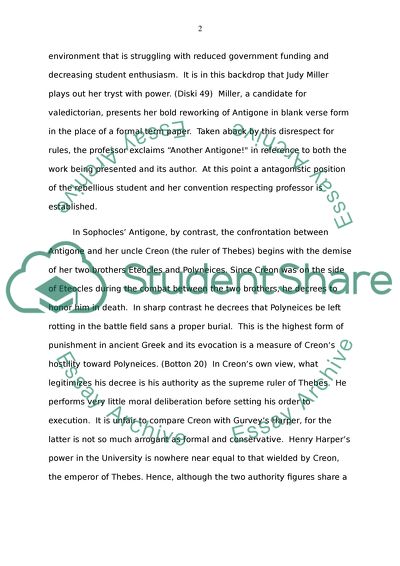Cite this document
(“Power of Higher Authority in significant relevance to Antigone by Essay”, n.d.)
Retrieved from https://studentshare.org/english/1490473-power-of-higher-authority-in-significant-relevance
Retrieved from https://studentshare.org/english/1490473-power-of-higher-authority-in-significant-relevance
(Power of Higher Authority in Significant Relevance to Antigone by Essay)
https://studentshare.org/english/1490473-power-of-higher-authority-in-significant-relevance.
https://studentshare.org/english/1490473-power-of-higher-authority-in-significant-relevance.
“Power of Higher Authority in Significant Relevance to Antigone by Essay”, n.d. https://studentshare.org/english/1490473-power-of-higher-authority-in-significant-relevance.


